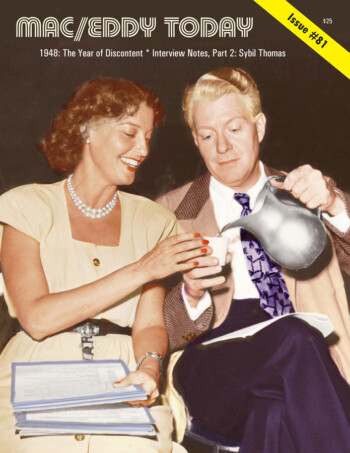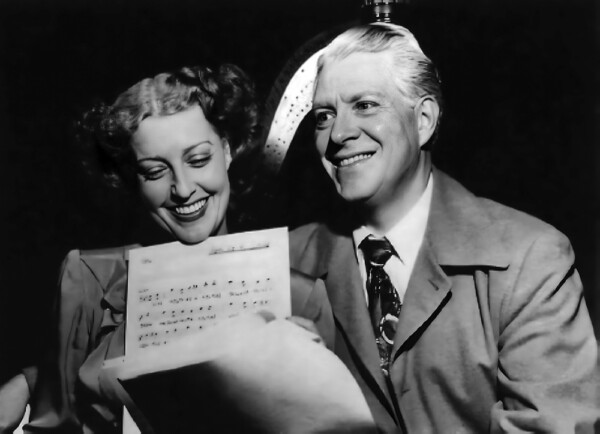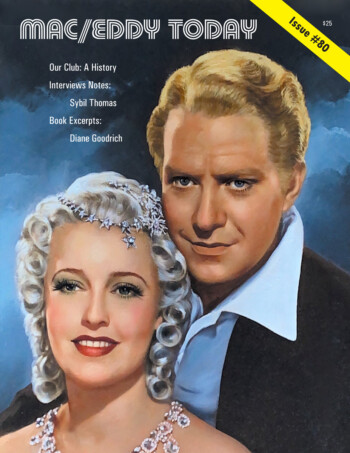This magazine takes a very detailed look at the year 1948, in which – according […]
documentation
“It’s not easy. One minute he doesn’t care and one minute he’s angry,” Jeanette MacDonald […]
This magazine details the history of our club from its radical beginnings in 1977, when […]
What a difference in Nelson Eddy, so visible to see! In this short clip above […]
Bumping up the write-up about Jeanette MacDonald’s funeral TV footage today… 58 years ago today… […]
On November 1, 1963, Jeanette MacDonald signed her last will (though she added a short […]



